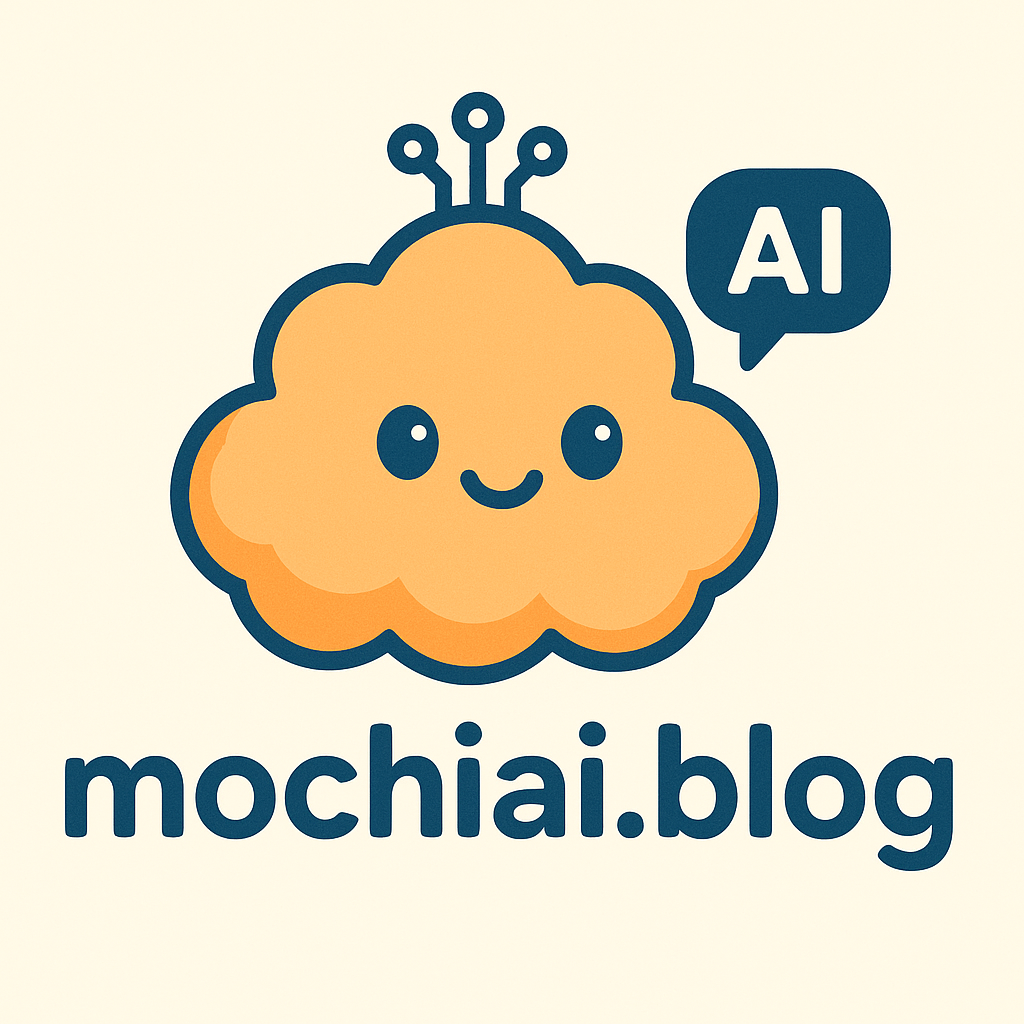
01 Aug AI Revolutionizing Healthcare: A Glimpse into the Future
AI Revolutionizing Healthcare: A Glimpse into the Future
The intersection of artificial intelligence (AI) and healthcare is no longer a futuristic fantasy; it’s a rapidly unfolding reality. AI’s transformative potential spans diagnostics, drug discovery, personalized medicine, and operational efficiency, promising a future where healthcare is more precise, proactive, and accessible. This detailed exploration delves into the key areas where AI is making significant strides and offers a glimpse into the revolutionary changes on the horizon.
1. AI-Powered Diagnostics: Enhancing Accuracy and Speed
One of AI’s most impactful applications lies in improving diagnostic accuracy and speed. Traditional diagnostic methods often rely on human interpretation, which can be subjective and prone to errors. AI, particularly deep learning algorithms, can analyze vast amounts of medical data, including images, lab results, and patient history, to identify patterns and anomalies that might be missed by the human eye.
-
Medical Imaging Analysis: AI algorithms are excelling at analyzing medical images like X-rays, CT scans, and MRIs. They can detect subtle indicators of disease, such as early-stage tumors or aneurysms, with remarkable precision. Companies like Aidoc and Zebra Medical Vision are developing AI-powered tools that assist radiologists in identifying critical findings, prioritizing urgent cases, and ultimately improving patient outcomes. This technology not only enhances accuracy but also reduces the workload on radiologists, allowing them to focus on more complex cases. Specific examples include early detection of lung cancer from CT scans and automated analysis of retinal images to diagnose diabetic retinopathy.
-
Pathology and Genomics: AI is also transforming pathology and genomics. It can analyze digitized pathology slides to identify cancerous cells and predict disease progression. In genomics, AI algorithms can analyze massive datasets of genomic information to identify genetic mutations associated with specific diseases, leading to more targeted therapies. IBM Watson for Oncology, for instance, has been used to assist oncologists in making treatment decisions based on a patient’s genomic profile and the latest clinical research.
-
Predictive Diagnostics: Beyond identifying existing diseases, AI is also being used to predict future health risks. By analyzing patient data, including lifestyle factors, family history, and medical records, AI algorithms can identify individuals who are at high risk for developing certain conditions, such as heart disease or diabetes. This allows for proactive interventions, such as lifestyle modifications or early treatment, to prevent or delay the onset of the disease.
2. Drug Discovery and Development: Accelerating Innovation
The traditional drug discovery process is lengthy, expensive, and often unsuccessful. AI is revolutionizing this process by accelerating drug identification, predicting drug efficacy, and personalizing drug development.
-
Target Identification and Validation: AI can analyze vast databases of biological and chemical information to identify potential drug targets and predict their efficacy. This can significantly reduce the time and cost associated with target validation, a crucial step in drug discovery. Companies like Atomwise are using AI to screen millions of compounds and predict their ability to bind to specific protein targets.
-
Drug Repurposing: AI can also identify existing drugs that may be effective for treating new diseases. By analyzing data on drug mechanisms of action and disease pathways, AI algorithms can suggest repurposing opportunities that might otherwise be overlooked. This approach can significantly speed up the drug development process, as the safety and efficacy of the drug have already been established.
-
Clinical Trial Optimization: AI is being used to optimize clinical trial design, patient recruitment, and data analysis. AI algorithms can identify the most appropriate patient populations for clinical trials, predict patient response to treatment, and analyze trial data to identify potential safety issues or unexpected benefits. This can lead to more efficient and effective clinical trials, ultimately speeding up the development of new drugs.
3. Personalized Medicine: Tailoring Treatment to the Individual
The concept of personalized medicine, or precision medicine, involves tailoring treatment to the individual based on their unique genetic makeup, lifestyle, and environmental factors. AI plays a crucial role in enabling personalized medicine by analyzing large datasets of patient information to identify patterns and predict treatment response.
-
Genomic Profiling: AI can analyze a patient’s genome to identify genetic mutations that may influence their response to specific drugs. This allows physicians to select the most effective treatment for each patient, minimizing the risk of adverse side effects and maximizing the chances of success.
-
Predictive Modeling: AI can build predictive models that take into account a patient’s individual characteristics to predict their response to treatment. These models can be used to personalize treatment plans and optimize drug dosages.
-
Wearable Technology and Remote Monitoring: Wearable sensors and remote monitoring devices are generating vast amounts of data on patients’ health status. AI can analyze this data to identify early warning signs of disease and personalize treatment recommendations in real-time.
4. AI-Driven Robotic Surgery and Assistance
AI is enhancing surgical precision and assistance through robotic surgery platforms. AI algorithms can provide surgeons with real-time guidance, improve visualization, and automate certain surgical tasks.
-
Enhanced Precision: AI-powered robotic systems offer greater precision and control compared to traditional surgical techniques. This can lead to smaller incisions, reduced blood loss, and faster recovery times.
-
Improved Visualization: AI can enhance surgical visualization by processing and analyzing images from surgical cameras, providing surgeons with a clearer view of the surgical field.
-
Autonomous Surgical Tasks: AI is being used to automate certain surgical tasks, such as suturing and knot tying. This can free up surgeons to focus on more complex aspects of the procedure.
5. Improving Healthcare Operations and Efficiency
Beyond clinical applications, AI is also transforming healthcare operations and improving efficiency.
-
Administrative Task Automation: AI can automate administrative tasks, such as scheduling appointments, processing insurance claims, and managing patient records. This can free up healthcare professionals to focus on patient care.
-
Predictive Resource Allocation: AI can predict patient demand and optimize resource allocation, ensuring that hospitals and clinics have the staff and resources they need to meet patient needs.
-
Supply Chain Optimization: AI can optimize the healthcare supply chain, ensuring that essential medications and medical supplies are available when and where they are needed.
6. Ethical Considerations and Challenges
While AI offers tremendous potential for revolutionizing healthcare, it also raises important ethical considerations and challenges.
-
Data Privacy and Security: Protecting patient data privacy and security is paramount. Robust security measures and clear ethical guidelines are needed to ensure that patient data is used responsibly and ethically.
-
Algorithmic Bias: AI algorithms can perpetuate existing biases in healthcare data, leading to unfair or discriminatory outcomes. It is crucial to address algorithmic bias and ensure that AI systems are fair and equitable.
-
Explainability and Transparency: AI algorithms can be complex and difficult to understand. It is important to ensure that AI systems are transparent and explainable, so that clinicians and patients can understand how they work and trust their recommendations.
-
Job Displacement: The automation of certain healthcare tasks could lead to job displacement for some healthcare professionals. It is important to provide training and support for healthcare workers to adapt to the changing healthcare landscape.
The future of healthcare is inextricably linked to the continued development and responsible implementation of AI. By addressing the ethical considerations and overcoming the challenges, AI can unlock its full potential to transform healthcare and improve the lives of patients around the world.
